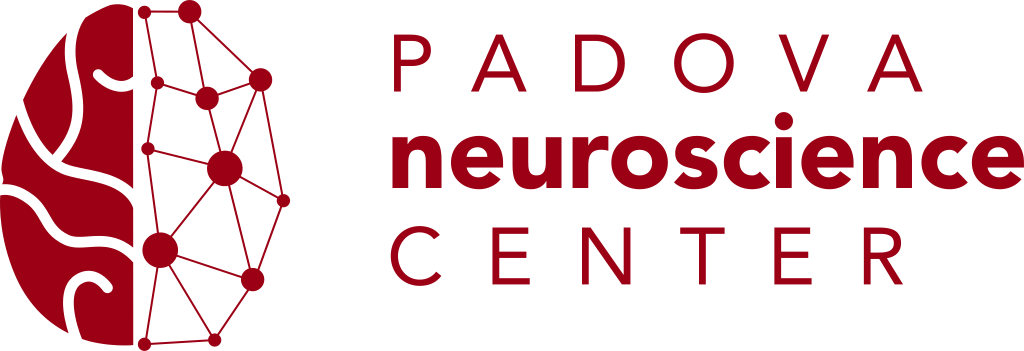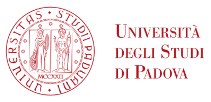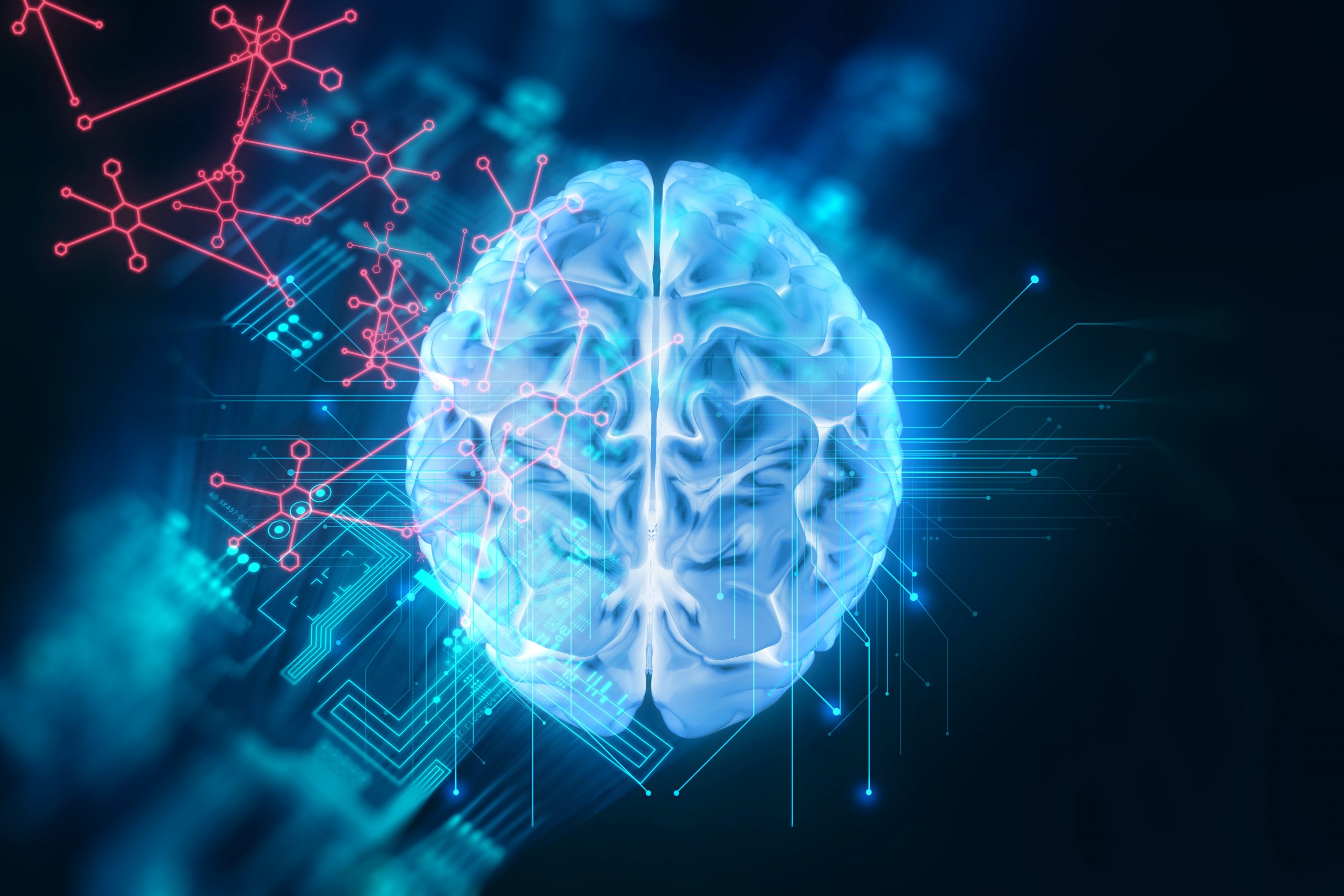Decree of acts approval and Ranking
Please note: in order to apply it is compulsory to:
- Read carefully the Competition Notice;
- Follow the instructions of the Competition Notice;
- Submit the Application Form along all the requested materials.
The position
In the context of the European Training Network “European School of Network Neuroscience“ (euSNN), we are offering a full-time 3-year PhD position for a person with a strong background in computational neuroscience and neuroimaging. The successful applicant will be working in Padova at the Padova Neuroscience Center (PNC) and Department of Neuroscience. The position involves the analysis of a unique prospective longitudinal cohort of first-time stroke patients and healthy controls studied at Washington University in St. Louis.
The gross amount per year will be of 39.217,20 € while the net amount per year will be of 34.740 €, family allowance will be granted if necessary.
The candidate will be able to ask the following questions:
1. What are the most common patterns of behavioral deficits post-stroke and the time course of recovery?
2. What are the lesion, structural, functional, and perfusion correlates of acute dysfunction and recovery for different kinds of deficits (motor, visual, attention, memory, emotion, executive)?
3. What is the relationship between resting and task states in patients with focal lesions? How alterations of resting organization reflect task organization?
4. Does anatomical connectivity recover post-stroke?
5. Does post-stroke atrophy play a role in recovery?
6. Do neuroimaging signals allow for a more accurate prediction of outcome?
The candidate will need to apply a variety of statistical models including linear and non-linear methods such as principal component analysis, ridge, lasso and elastic net regression, partial least square regression and correlation, canonical correlation analysis. The candidate will need to learn about basic mechanisms of plasticity and recovery.
The successful applicant will be supervised by Prof. Dr. Maurizio Corbetta, Chair of Neurology and Director of the PNC, and Prof. Alessandra Bertoldo of the Department of Bioengineering and Vice-Director of the PNC. The applicant will work in a multi-disciplinary laboratory with neurologists, psychologists, bioengineers, and physicists.
The early stage researcher (ESR) will be enrolled in the Neuroscience PhD School @PNC in Padova. Furthermore, the ESR will meet and visit partner organizations of the ETN in Europe to deepen and extend knowledge about connectivity measurement and analysis approaches, and to establish a network with other early stage researchers (ESRs) and institutions.
Our ideal candidate
You will hold a master’s degree in computational or cognitive neuroscience, or related fields like biomedical engineering. Your thesis or internships should be related to research with fMRI, computational modelling, or statistics demonstrating relevant expertise and problem-solving skills. Preferably you already have experience with programming in R, Matlab, Python and/or C++ and have experience to run multivariate analysis on neuroimaging datasets. We also expect that you have well developed interpersonal skills to work in a team.
Want to apply?
If this sounds interesting to you, please look at the Competition notice and the Application form and follow the instructions.
The deadline for application is September 30th, 2020 at 13:00 (CET)
Applicants need to meet the European Training Network grant eligibility conditions of ESRs, that are described at this web page:
https://infrastar.eu/recruitment/esr-eligibility-conditions-and-responsabilities/ .
Most relevant is that all nationalities can apply, but only if the applicant did not reside or carried out main activity (such as work or study) in Italy for more than 12 months within the last 3 years.


